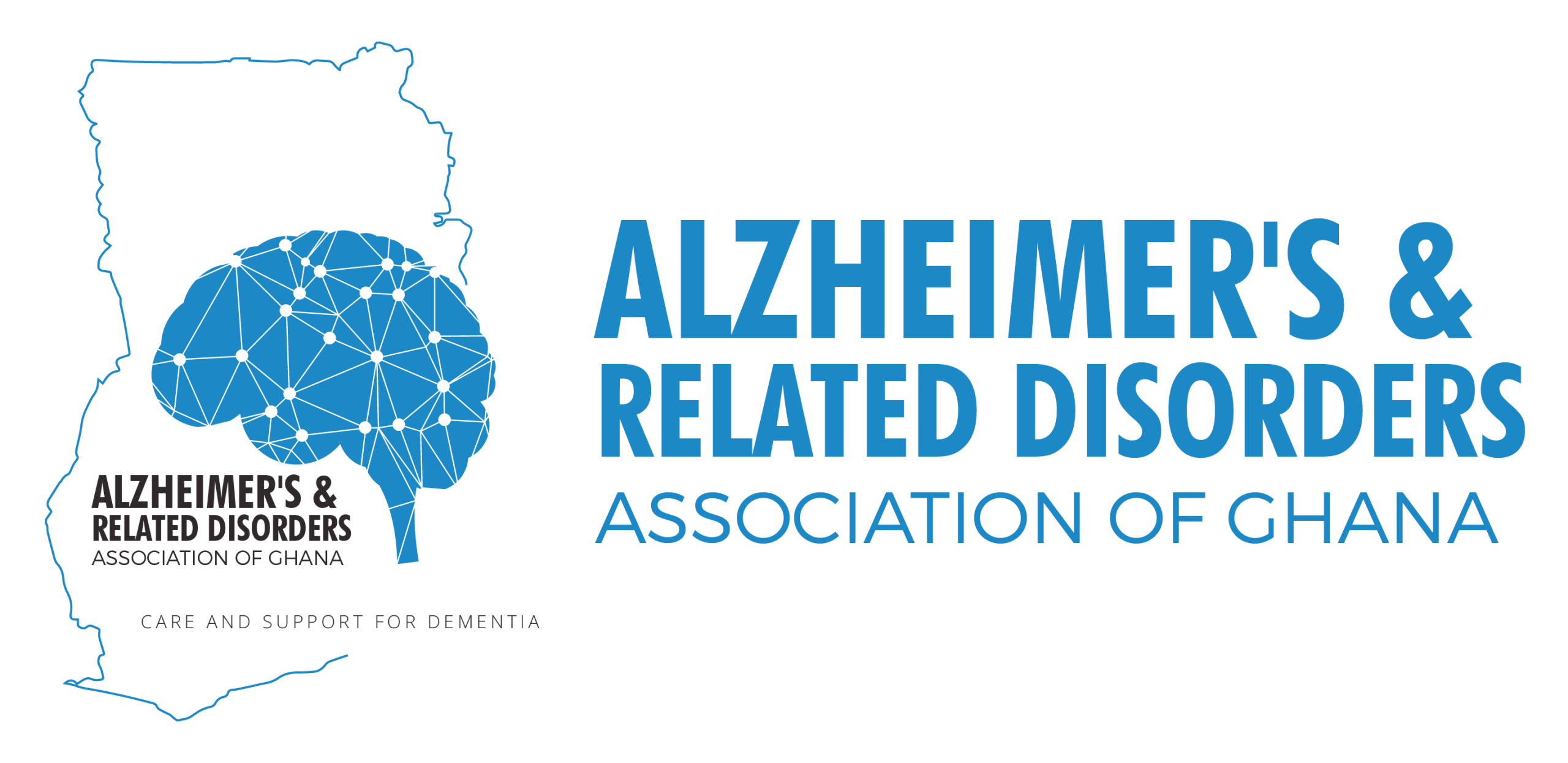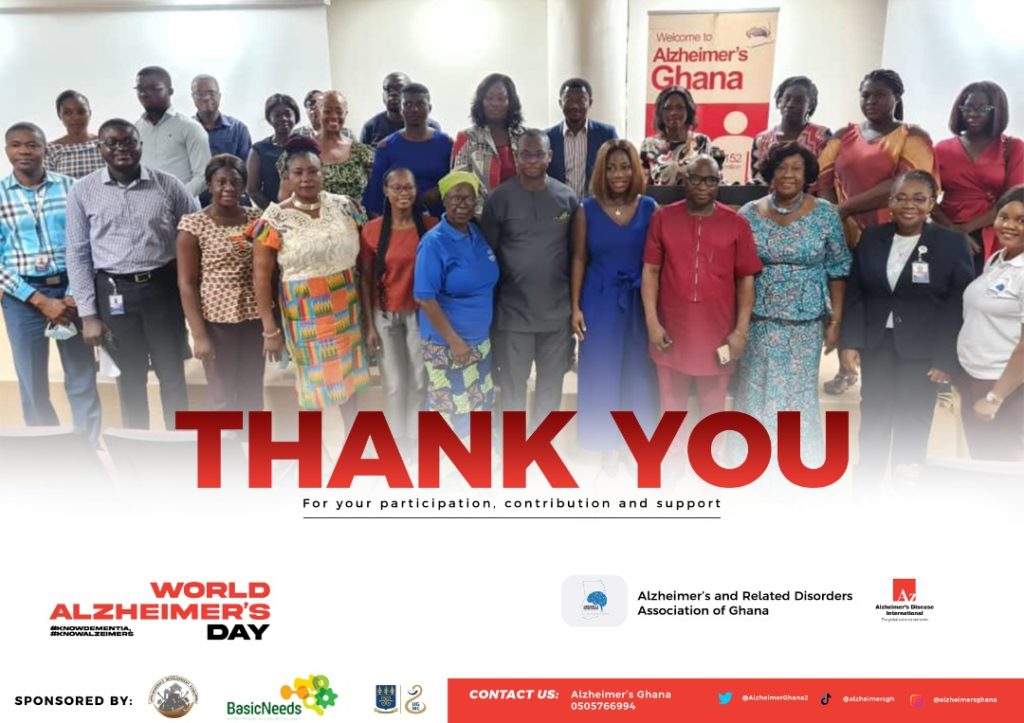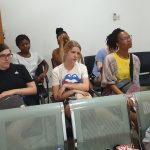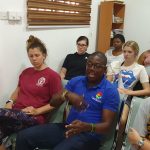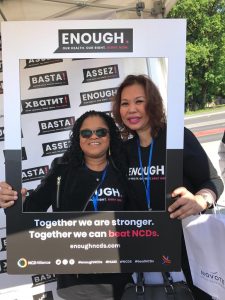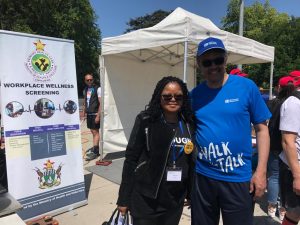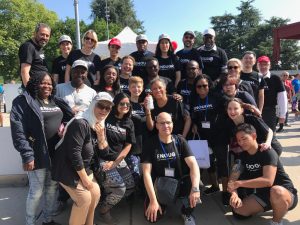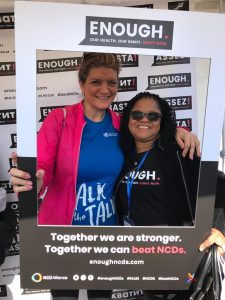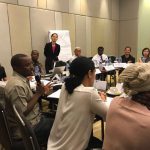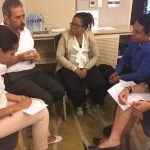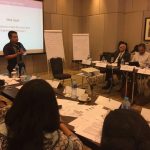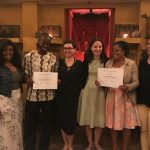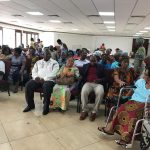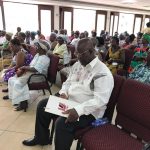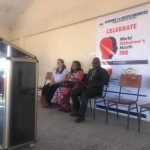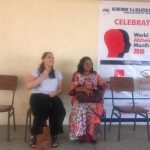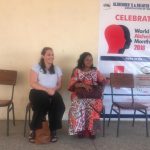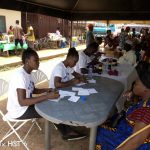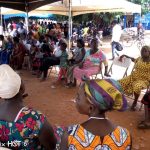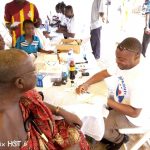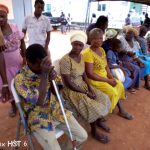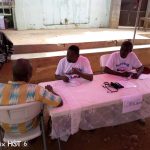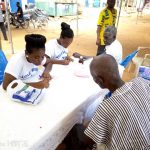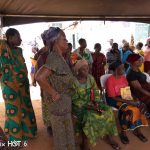Category: News
Alzheimer`s Ghana met the Former President, His Excellency, John Agyekum Kufuor
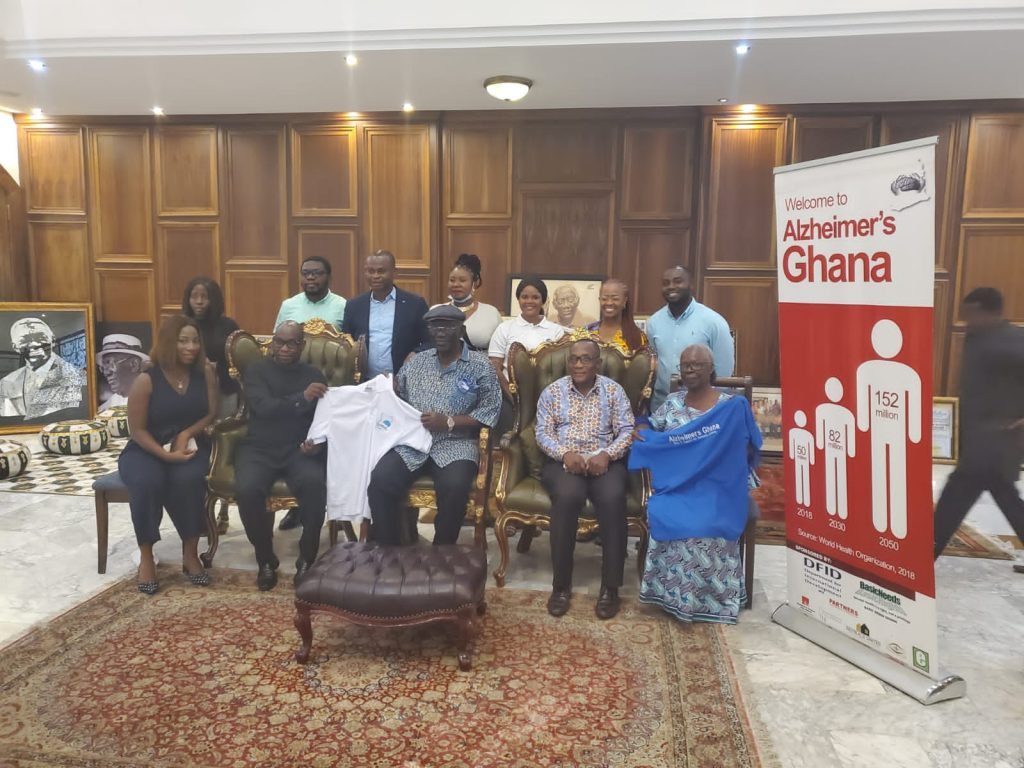
s Ghana team in the country He also encouraged the organization to keep up the good work on advocacy and education on dementia in the country . This happened when the organization led by its Co-founder Mr Venance Dey paid a courtesy call on him as part of their awareness activities to mark World Alzheimers Day 2022 Celebration in Ghana. At the meeting the President of the Board Dr Dennis Bortey also spoke on the disease its causes symptoms and it`s management needed to improve lives of victims. Alzheimer’s Ghana delivering a talk on Dementia for elderly in Tema-Accra.
Alzheimer’s Ghana team visited a group of elders in Tema to deliver a talk on Dementia. Discussions were centered on the signs and symptoms of dementia and other related disorders, their diagnosis, the role of government and the civil society in combating and managing it in Ghana.
AWARENESS AND SENSITIZATION
As part of our awareness strategy, Alzheimer’s Ghana team visited Kpone Katamanso Senior High School to educate them on Dementia. Discussions were centered on the signs and symptoms of dementia and other related disorders, their diagnosis, the role of government and the civil society in combating and managing it in Ghana.
ALZHEIMER’S GHANA TEAM AFTER A MEETING WITH THE MINISTER OF LANDS AND NATURAL RESOURCES.
The president of Alzheimer’s Ghana Dr. Dennis Bortey (first from right) and the Executive Director of Alzheimer’s Ghana (first from left) visited the Minister of Lands and Natural resources Hon. John Peter Amewu (second from right) and his Deputy Hon. Benito Owusu-Bio (second from left) to discuss the link between mercury and Alzheimer’s as well as the improper use of mercury by the illigal miners.
Awareness and Sensitization
As part of our awareness strategy, Alzheimer’s Ghana team participated regularly on Radio and Television programmes to create awareness and sensitize the public on dementia, using live-broadcast and phone-in to reach out to the public. Alzheimer’s Ghana team was hosted on GTV and UTV separately to educate and sensitize the entire public. Discussions were centered on the signs and symptoms of dementia and other related disorders, their diagnosis, the role of government and the civil society in combating and managing it in Ghana.
